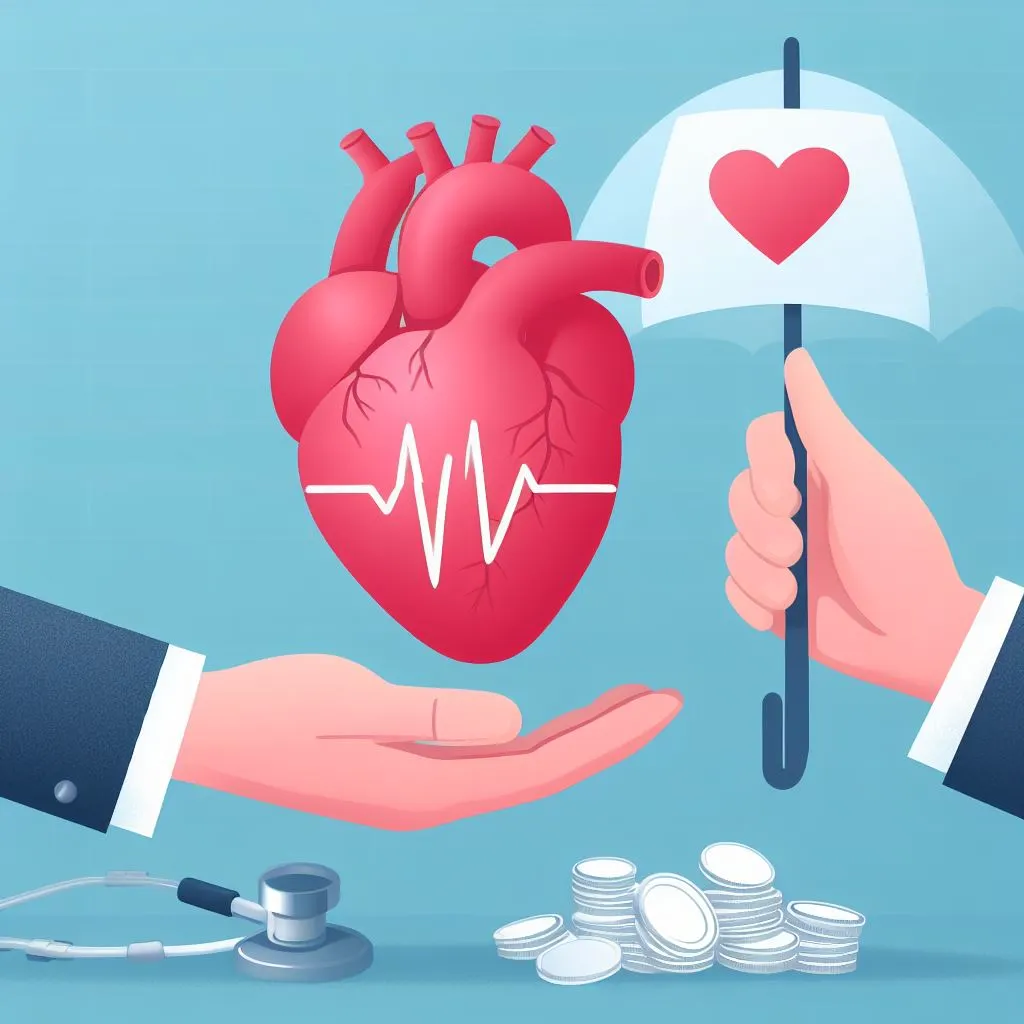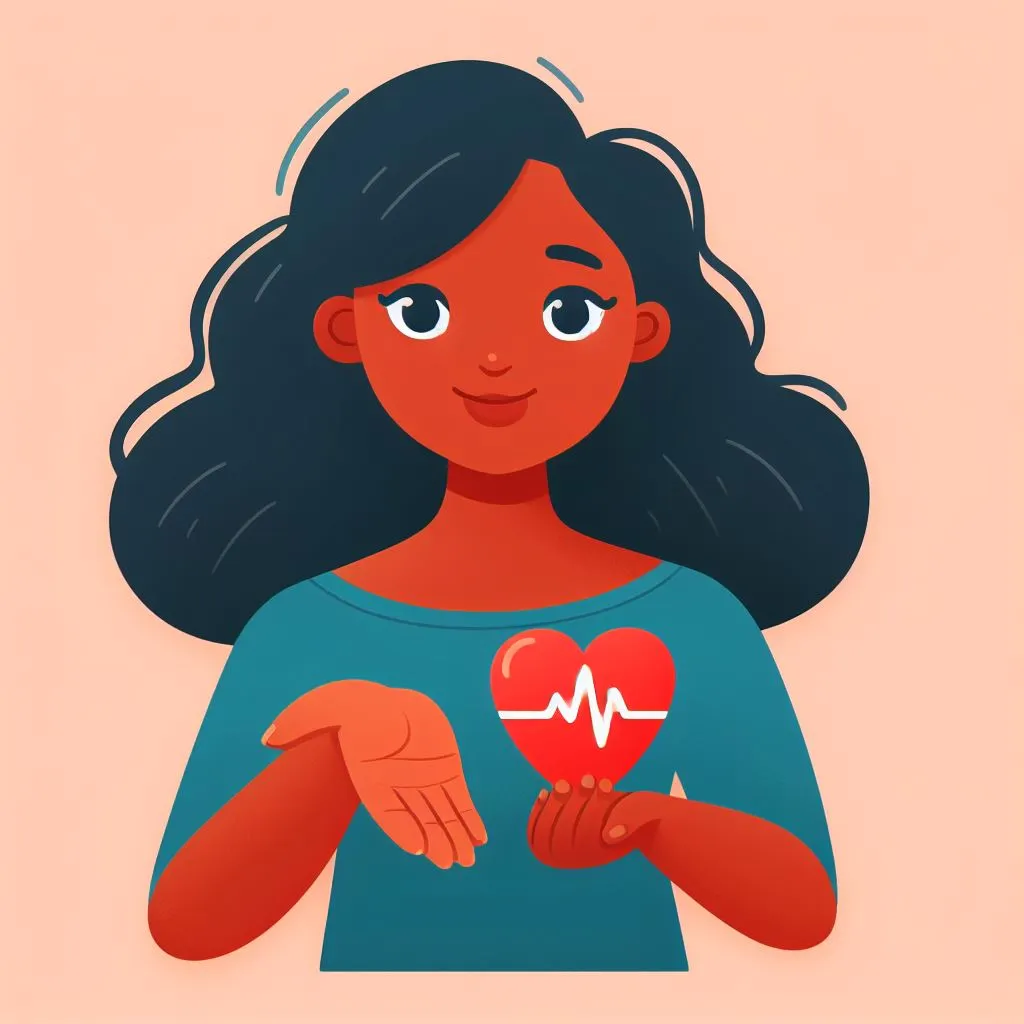Insurance for people with heart disease
Heart disease is a leading cause of death in the United States, and it can be a very expensive condition to treat. That’s why it’s so important for people with heart disease to have health insurance. Health insurance can help pay for the cost of doctor visits, hospital stays, prescription drugs, and other medical expenses related to heart disease.
There are a number of different types of health insurance plans available, so it’s important to compare plans and choose one that meets your individual needs and budget.
Some factors to consider when choosing a health insurance plan include:
- The type of plan: There are two main types of health insurance plans: employer-sponsored plans and individual plans. Employer-sponsored plans are typically the most affordable option, but they’re not available to everyone. Individual plans can be more expensive, but they offer more flexibility in terms of coverage and pricing.
- The level of coverage: Health insurance plans offer different levels of coverage. Some plans cover a wide range of medical services, while others offer more limited coverage. It’s important to choose a plan that covers the services you need and that you can afford.
- The cost of the plan: The cost of a health insurance plan depends on a number of factors, including the type of plan, the level of coverage, and your age and health status. It’s important to compare plans and choose one that is affordable for you.

If you have heart disease, it’s important to choose a health insurance plan that covers the services you need. Some of the services that you may need include:
- Preventive care: Preventive care, such as annual checkups and screenings, can help you stay healthy and prevent complications from heart disease.
- Medications: Many people with heart disease need to take prescription medications to manage their condition. Health insurance can help pay for the cost of these medications.
- Hospital stays: If you have a heart attack or other serious cardiovascular event, you may need to be hospitalized. Health insurance can help pay for the cost of your hospital stay.
- Rehabilitation: After a heart attack or other cardiovascular event, you may need rehabilitation to help you recover. Health insurance can help pay for the cost of rehabilitation.
If you’re not sure what type of health insurance plan is right for you, or if you have any questions about coverage, you should talk to a health insurance agent or broker. They can help you compare plans and choose the one that’s best for your needs.
Insurance for people with heart disease is essential to help pay for treatment and prevent financial hardship. There are a number of different types of health insurance plans available, so it’s important to compare plans and choose one that meets your individual needs and budget. If you have heart disease, it’s especially important to choose a plan that covers the services you need, such as preventive care, medications, hospital stays, and rehabilitation.
What is heart disease?
Heart disease is a general term for conditions that affect your heart. It is the leading cause of death for both men and women in the United States.

Types of heart disease
There are many different types of heart disease, including:
- Coronary artery disease: This is the most common type of heart disease. It occurs when the arteries that supply blood to your heart become narrowed or blocked. Learn more
- Heart attack: A heart attack occurs when the blood flow to your heart is blocked. This can damage or destroy part of your heart muscle. Learn more
- Heart failure: Heart failure occurs when your heart muscle is weakened and cannot pump blood as well as it should. Learn more
- Arrhythmia: An arrhythmia is a problem with the rate or rhythm of your heartbeat. Learn more
- Congenital heart defect: A congenital heart defect is a birth defect that affects your heart. Learn more
Symptoms of heart disease
The symptoms of heart disease can vary depending on the type of heart disease you have and how severe it is. However, some common symptoms of heart disease include:
- Chest pain: Learn more
- Shortness of breath: Learn more
- Fatigue: Learn more
- Palpitations (feeling like your heart is racing or skipping beats): Learn more
- Lightheadedness or dizziness: Learn more
- Swelling in your feet and ankles: Learn more
Risk factors for heart disease
There are a number of risk factors for heart disease, including:
- Age
- Sex
- Family history of heart disease
- High blood pressure
- High cholesterol
- Smoking
- Diabetes
- Obesity
- Physical inactivity
Why is health insurance important for people with heart disease?
Heart disease treatment can be expensive. The cost of heart disease treatment can vary depending on the type of heart disease you have, the severity of your condition, and where you live. However, even routine care for heart disease can be costly.
Heart disease can also lead to financial hardship. If you have heart disease, you may be unable to work or may have to reduce your hours. This can lead to a loss of income. You may also have to pay for additional expenses, such as transportation to and from doctor’s appointments and the cost of prescription drugs.
Health insurance can help pay for the cost of heart disease treatment and other related expenses. Health insurance can also provide financial security in case you are unable to work due to your heart disease.
What types of health insurance plans are available?

There are four main types of health insurance plans available in the United States:
- Employer-sponsored health insurance: This type of health insurance is offered by employers to their employees. It is the most common type of health insurance in the United States.
- Marketplace health insurance: Marketplace health insurance is available through the Health Insurance Marketplace, which is a government-run website. Individuals and families can purchase health insurance plans through the Marketplace.
- Medicaid: Medicaid is a government health insurance program for low-income individuals and families.
- Medicare: Medicare is a government health insurance program for people over the age of 65 and people with certain disabilities.
How to choose the right health insurance plan for your needs
When choosing a health insurance plan, it is important to consider your needs and budget. You should also compare different plans to find one that covers the services you need and has affordable premiums and copays.
Here are some tips for choosing a health insurance:
- Consider your needs and budget: Think about your health status, medications, and doctor visits. You should also consider your budget and how much you can afford to pay in premiums and copays.
- Compare different plans: Compare different health insurance plans to find one that covers the services you need and has affordable premiums and copays. You can compare plans on the Health Insurance Marketplace or through a private health insurance company.
- Read the fine print: Before you enroll in a health insurance plan, be sure to read the fine print. This includes the plan’s summary of benefits and coverage, as well as the plan’s exclusions and limitations.
Tips for managing your insurance costs if you have heart disease
Here are some tips for managing your insurance costs if you have heart disease:
- Take advantage of preventive care: Many health insurance plans cover preventive care services, such as annual checkups, screenings, and vaccinations. Preventive care can help you stay healthy and prevent complications, which can save you money in the long run.
- Use generic drugs whenever possible: Generic drugs are just as safe and effective as name-brand drugs, but they are typically much cheaper. Ask your doctor if generic drugs are available for your prescriptions.
- Negotiate your medical bills: If you receive a medical bill that you can’t afford, contact the provider to see if they are willing to negotiate the bill.
- Consider a high-deductible health plan: High-deductible health plans have lower premiums, but they have higher deductibles. This means that you will have to pay more out of pocket for medical expenses before your insurance coverage kicks in. However, high-deductible health plans can be a good option for people with heart disease who are healthy and who don’t expect to need much medical care.
- Take advantage of subsidies and tax credits: If you have a low or moderate income, you may be eligible for subsidies or tax credits to help you pay for health insurance premiums. You can learn more about subsidies and tax credits on the Health Insurance Marketplace website.
Conclusion
Having health insurance is essential for people with heart disease. Health insurance can help people with heart disease pay for the cost of treatment and prevent financial hardship. There are a number of different types of health insurance plans available, so it is important to compare plans and choose one that meets your needs and budget. There are also a number of tips that people with heart disease can follow to manage their insurance costs.
FAQs
Q: What if I don’t have health insurance?
A: If you don’t have health insurance, there are a few options available to you. You may be eligible for Medicaid or Medicare, or you may be able to purchase a health insurance plan through the Health Insurance Marketplace. You can also look for free or low-cost clinics in your community.
Q: What are some additional resources available to help me with my insurance if I have heart disease?
A: There are a number of additional resources available to help you with your insurance if you have heart disease. Some of these resources include:
- The American Heart Association: The American Heart Association offers a number of resources to help people with heart disease, including information on health insurance and financial assistance.
- HeartCare America: HeartCare America is a non-profit organization that provides free and confidential support services to people with heart disease and their families. HeartCare America can help you with your insurance questions and provide you with financial assistance if needed.
- The National Heart, Lung, and Blood Institute: The National Heart, Lung, and Blood Institute is a government agency that provides information and resources on heart disease. The National Heart, Lung, and Blood Institute can help you with your insurance questions and provide you with financial assistance if needed.
Q: What are some things I can do to stay healthy and prevent complications if I have heart disease?
A: There are a number of things you can do to stay healthy and prevent complications if you have heart disease. Some of these things include:
Tips for staying healthy and preventing complications if you have heart disease:
- Eating a healthy diet: Eating a healthy diet can help you stay strong and maintain your energy levels. A healthy diet for people with heart disease includes plenty of fruits, vegetables, and whole grains. It also includes low-fat dairy products and lean protein. You should limit your intake of saturated and trans fats, cholesterol, and sodium.
- Exercising regularly: Exercise is important for everyone, but it is especially important for people with heart disease. Exercise can help strengthen your heart and improve your circulation. It can also help you lose weight and control your blood pressure and cholesterol levels. Aim for at least 30 minutes of moderate-intensity exercise most days of the week.
- Quitting smoking: Smoking is a major risk factor for heart disease. If you smoke, quitting is the best thing you can do for your heart health. Quitting smoking can reduce your risk of a heart attack by up to 50% within a year.
- Managing stress: Stress can trigger heart problems, so it is important to find healthy ways to manage stress. Some helpful stress management techniques include exercise, relaxation techniques, and spending time with loved ones.
- Getting enough sleep: Sleep is important for everyone, but it is especially important for people with heart disease. Sleep deprivation can increase your risk of heart problems. Aim for 7-8 hours of sleep each night.
Conclusion

Heart disease is a serious condition, but it can be managed with proper treatment and lifestyle changes. Having health insurance is essential for people with heart disease, as it can help pay for the cost of treatment and prevent financial hardship. There are a number of different types of health insurance plans available, so it is important to compare plans and choose one that meets your needs and budget. There are also a number of tips that people with heart disease can follow to manage their insurance costs and stay healthy.
Additional tips for people with heart disease
- Talk to your doctor about your heart disease and your overall health. Your doctor can help you develop a plan to manage your heart disease and reduce your risk of complications.
- Take your medications as prescribed by your doctor. Don’t skip doses or stop taking any medications without talking to your doctor first.
- See your doctor for regular checkups and follow-up appointments. This will help your doctor monitor your heart health and make sure your treatment plan is working.
- Be aware of the signs and symptoms of a heart attack and stroke. If you experience any of these symptoms, call 911 immediately.
Remember, you are not alone in living with heart disease. There are many people who understand what you are going through. There are also many resources available to help you manage your heart disease and live a healthy life.
Remember to check our homepage , and our awesome blog posts about different insurance-related topics and insurance company’s reviews. for example insurance for people with pre-existing conditions
Related topics:
- Types of insurance available for people with pre-existing conditions
- what companies are in the consumer durables field
- How to get approved for insurance if you have a pre-existing condition
- Tips for managing your insurance costs if you have a pre-existing condition
- Insurance for people with diabetes
- Insurance for people with cancer



